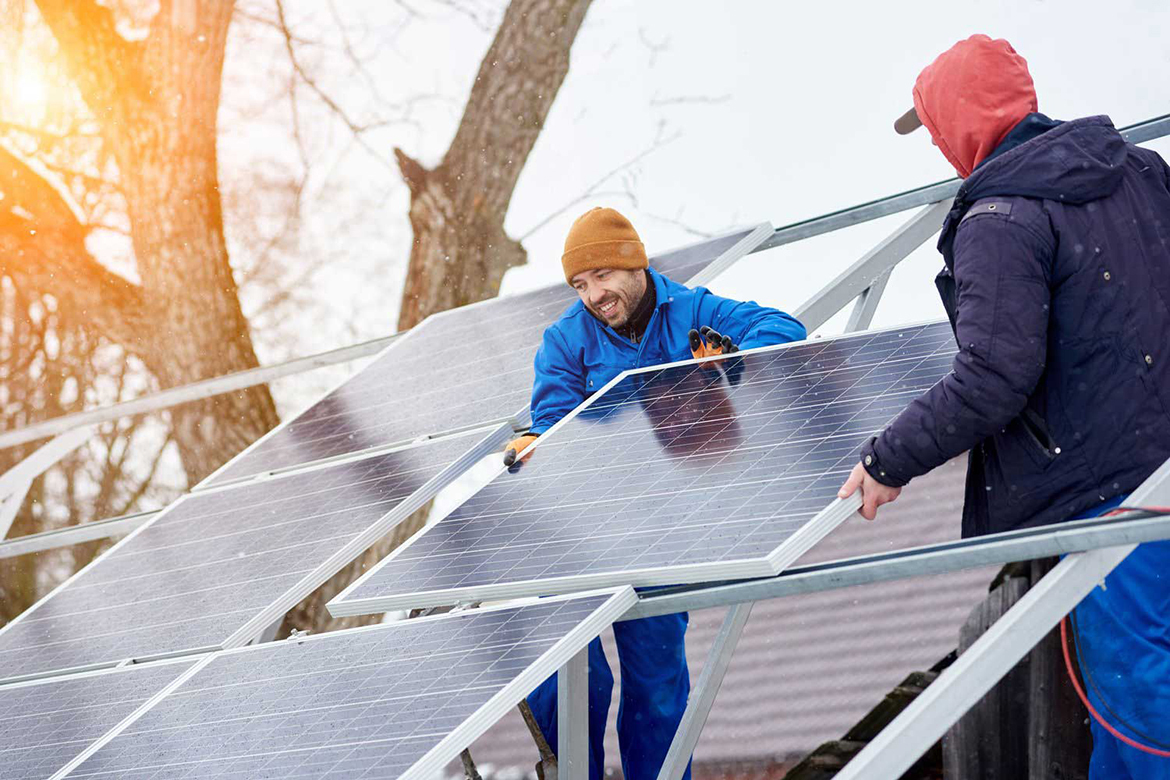In comparison to conventional energy systems, integrated renewable energy systems provide many benefits and advantages, such as distributed energy production, less environmental impact, and improved energy security. The majority of the world’s areas normally have access to renewable energy sources. Compared to other forms of renewable energy, solar radiation has an even wider range of uses. Throughout the year, several renewable energy sources, such geothermal and ocean thermal energy, have significantly larger capacity factors. The following categories can be used to group renewable energy sources: sun, wind, hydro, biomass, geothermal, and ocean. To convert these renewable energy sources into useable goods, there are numerous energy conversion technologies.
Solar energy can be used for electrical or thermal purposes. Traditional solar thermal systems are ideal for supplying fresh water, energy, and heating for domestic uses. Concentrated solar power is a part of solar thermal systems that may power a number of industrial operations that need medium-high temperatures. Additionally, concentrated photovoltaic systems obtain solar-to-electricity efficiencies that are far higher. Other uses for the excess heat include cooling, desalination, and other processes.





